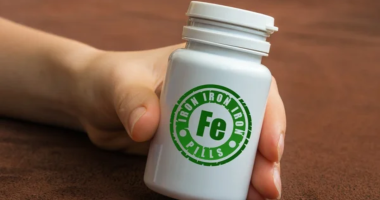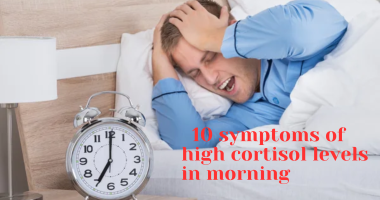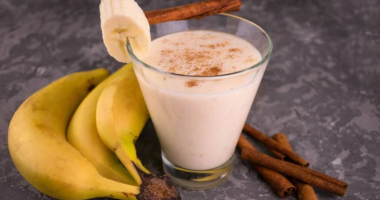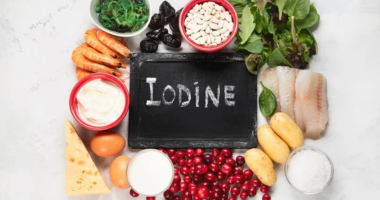Craving corn but worried about the scales and best time to eat corn for weight loss? You’re not alone! While eating corn is healthy and bursting with flavor and nutrients, its impact on weight loss can be incredible. Incorporating corn into your diet for weight loss can be effective when done in moderation and with mindful choices. Corn is high in fiber, which can help increase the feeling of fullness for longer, reduce cravings and support weight management. This can lead to naturally consuming fewer calories throughout the day. Corn is also low in calories and fat, and contains beneficial nutrients like vitamins C and B and minerals such as potassium, magnesium and antioxidants. One cup of sweet corn has around 150 calories, which is lower than many other starchy carbs.
However, it is important to be mindful of portion sizes and to eat minimally processed corn, like corn on the cob or air-popped popcorn, to reap its nutritional benefits without interfering with weight management efforts. Limiting corn intake to one cup or 160 to 170 g per day is recommended for weight loss.
Best time to eat corn for weight loss
The best time to eat corn for weight loss is not strictly defined by experts, as you can incorporate it into your diet at various points throughout the day. Some suggestions have it that you can eat corn for weight loss in the morning as breakfast. Including corn in your breakfast can help kickstart your metabolism and provide essential nutrients.
Another best time to eat corn for weight loss is as a snack. Corn can be a healthy snack option, replacing fried chips or other high-calorie snacks. Eating corn before meals can help prevent overeating during meals, leading to lower calorie consumption. Additionally, consuming corn after a workout can aid in muscle recovery and replenishment of lost nutrients. However, remember to stick to one medium ear of corn or 1/2 cup of kernels per serving. Savor each bite and pay attention to hunger cues to avoid overeating as its high carbohydrate content could cause weight gain if consumed in excess.
Note: Eating corn close to bedtime can disrupt sleep and potentially lead to unwanted calorie intake. Steer clear of corn chips, sugary corn desserts, and corn syrup-laden foods, as they can contribute to weight gain and other health issues.
Ultimately, the best time to eat corn for weight loss is the time that fits best into your healthy eating plan and helps you make choices that contribute to your overall goals. Listen to your body, experiment with different options, and enjoy the versatile goodness of corn in moderation!
Nutritional value of corn
A medium ear of yellow corn packs a surprising amount of nutrition! Here’s a breakdown of what you can expect:
- Calories: Around 77 to 88, depending on the exact size and variety.
- Carbohydrates: Approximately 17 grams, with about 2.4 grams coming from fiber and 6.4 grams from sugar.
- Protein: Around 3 grams.
- Fat: Roughly 1 gram, mostly unsaturated.
- Vitamin C: About 7 milligrams, contributing to 8% of your daily recommended intake.
- Vitamin B6: Approximately 0.14 milligrams, providing 8% of your daily needs.
- Thiamin (vitamin B1): Roughly 0.16 milligrams, fulfilling 11% of your daily requirement.
- Potassium: Around 275 milligrams, supporting healthy blood pressure.
- Magnesium: Approximately 37.7 milligrams, essential for muscle function and energy production.
- Plus smaller amounts of other vitamins and minerals: Including folate, phosphorus, iron, zinc, and vitamin E.
Nutritional value source USDA
Remember, these are just average values, and the actual nutritional content can vary slightly depending on factors like growing conditions and preparation methods.
ALSO READ: Is corn good for your digestive system?
The information in this www.soundhealthandlastingwealth.com/ article is backed by research findings and the image used is from depositphotos.com
![Best time to eat corn for weight loss - [Powerful Guide]](https://soundhealthandlastingwealth.com/wp-content/uploads/2024/01/Corn-for-weight-loss.webp)








